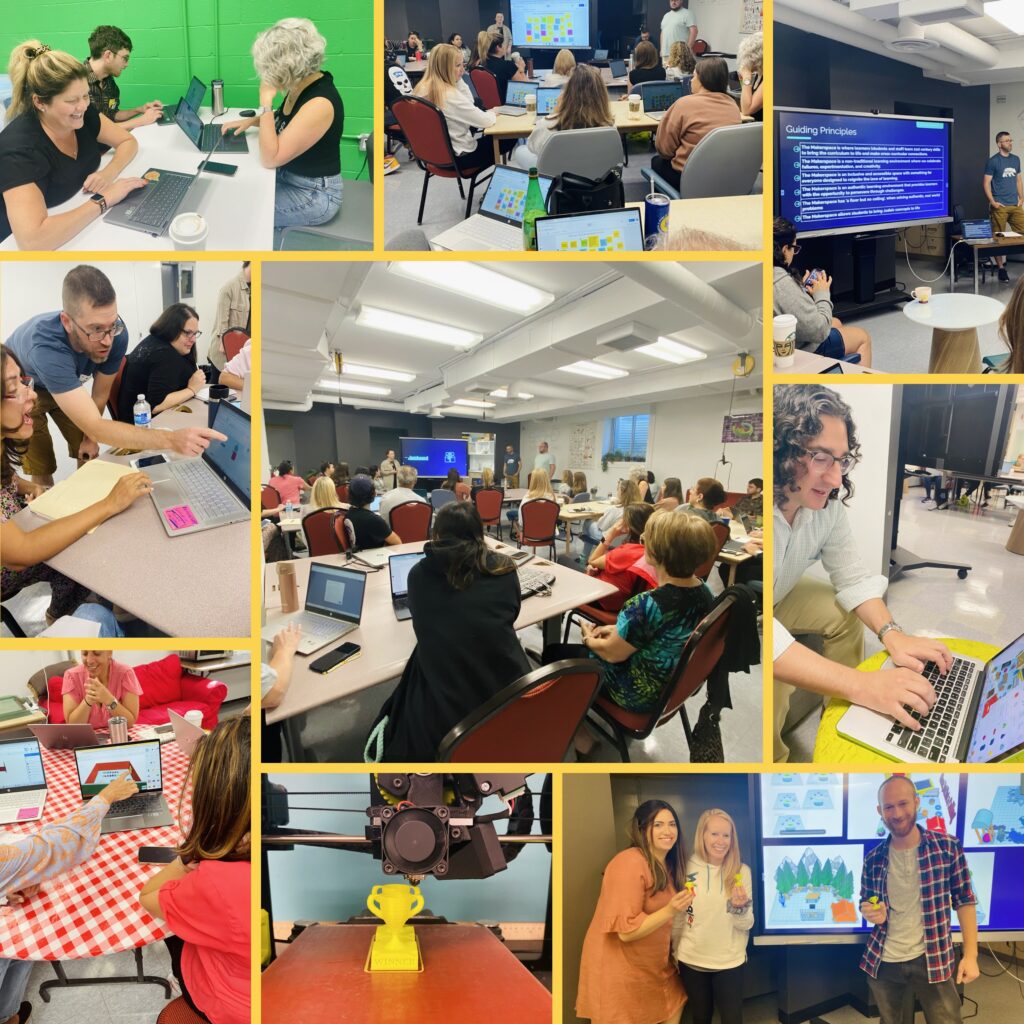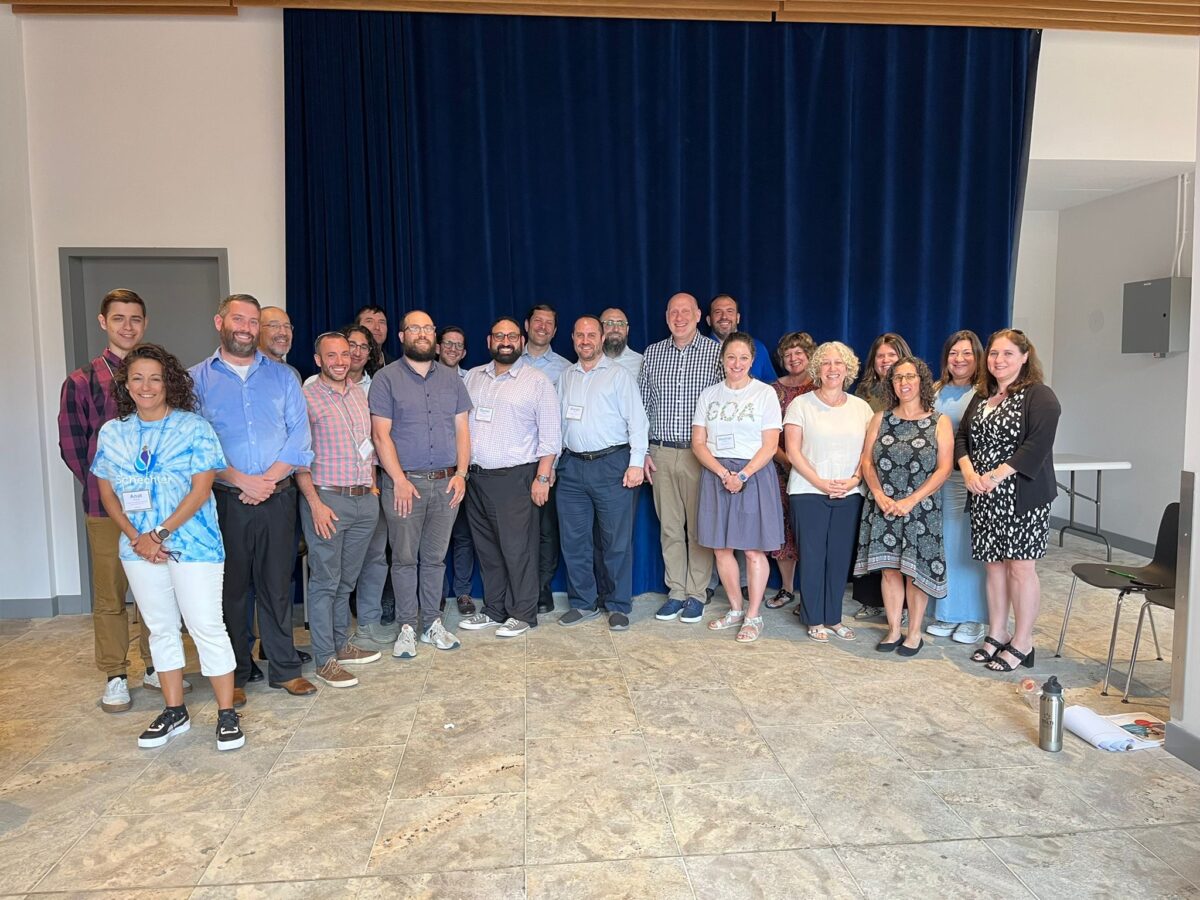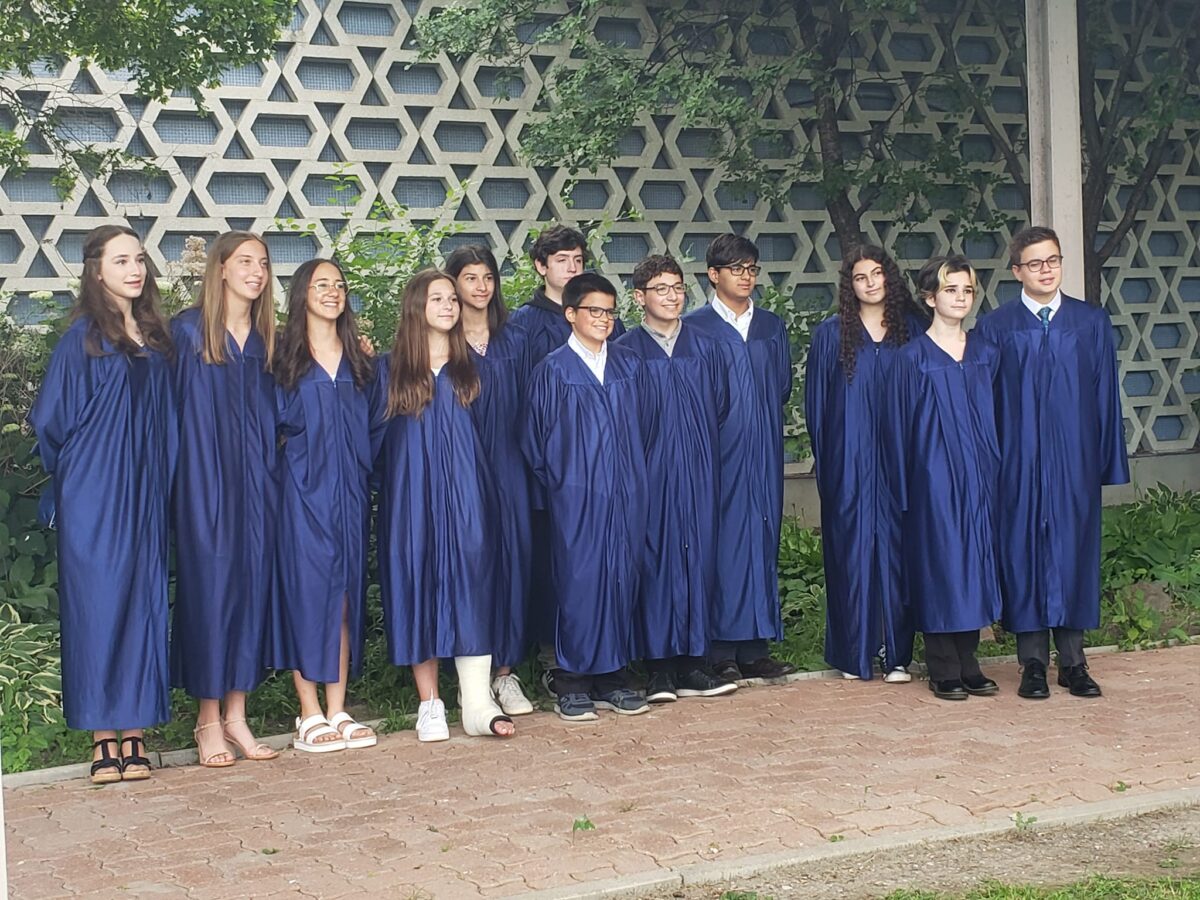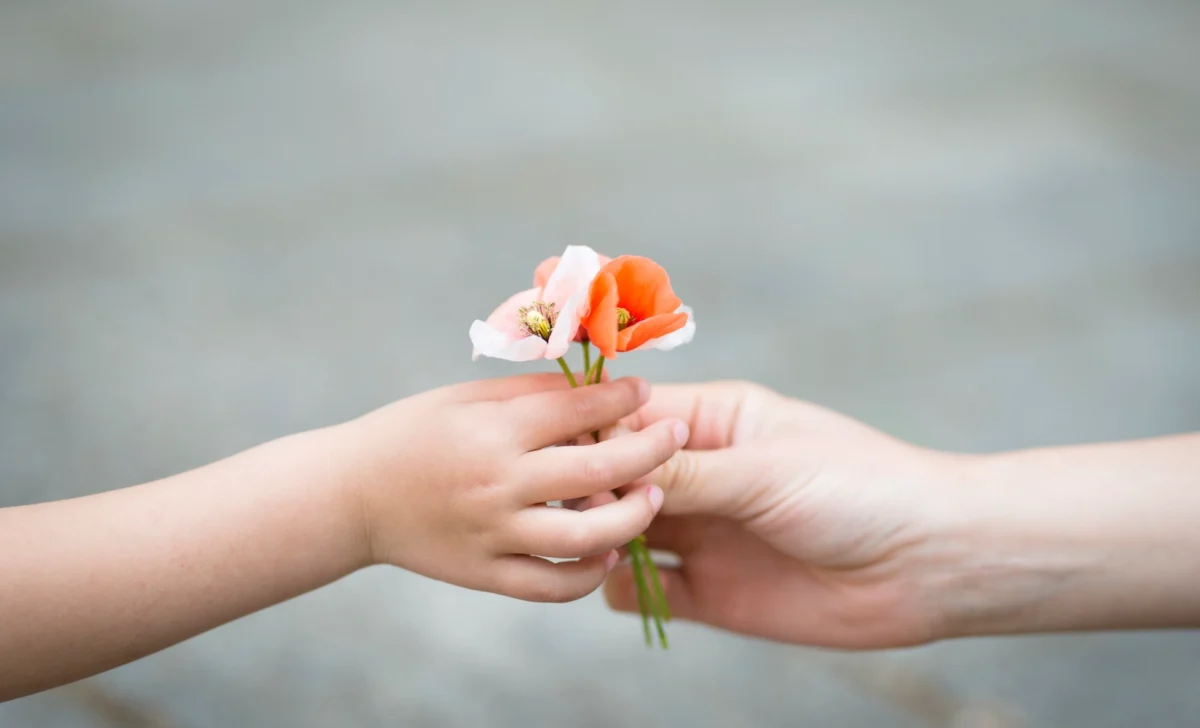Happy Thursday!
Things don’t usually time out quite in this way, but here we are on literally the last day of school – for teachers – and before we head into Canada Day Weekend and the true start of summer, it is my sincere joy and pleasure to be able to share out a complete picture of the amazing human beings who will be teaching our children and leading our school into the 2022-2023 school year at the Ottawa Jewish Community School.
The quickest of words before I unveil the list…
…the first is simply to share that we are operating under the belief that next year will truly be a return to normal. Or at least normal enough that it ought not impact how we divide up classes or how we program our days and year. Of course, we will continue to maintain a Health Advisory Committee, and much closer to the start of the school year, will provide parents with what guidelines and suggestions we believe are appropriate for the start of next school year. But as we put together our staffing picture, our classroom assignments and our calendar, we are assuming near-normal functioning.
…the second is to share with you the overarching idea that has animated our two days of what we call “Pre-Pre-Planning” – these two PD days that essentially mark the beginning of the 2022-2023 school year because they focus our teachers on how to set themselves up for a successful summer in service of a successful start to school. We are focusing our energy on “Getting Our Mojo Back” or, perhaps, the “Great Unpause” – it is time for our school to reclaim the exciting and innovative trajectory we were on pre-COVID. We were smack in the middle of some very important and impactful projects, initiatives and programs and we are all-too ready to get back on track. You may get a hint of it when looking at some of the job descriptions below; you will get a full (re)introduction to it as we gear up for next year.
…the third is to please start paying attention to the updated calendar. A return to normal means a return to events like our PTA-sponsored “Back to School BBQ” and “Meet & Greets” for JK and SK, so please be sure to update your calendars so you are ready to join us as we look to (re)build our community, to truly function again as an OJCS Family.
…the fourth is a gentle reminder that the assignments below are tentative as they always are. Things sometimes can and do change (especially as our JK and SK classes continue to grow!), although we believe this should be much less of a factor this summer than the prior two, but sometimes we do have to make adjustments. If an update is required, of course, it will be sent either directly to the impacted grades or in a blog post.
OK, I think I have given a lengthy enough preamble. Let’s get excited about this gifted and loving group of teachers and administrators, who will partner with our parents in the sacred work of educating our children. I know I am!
The 2022-2023 OJCS Faculty & Staff
Lower School General Studies Faculty
- Junior Kindergarten: Susan Wollock, Jamie Ebbs (French) & Mushki Kurtz (EA)
- Kindergarten: Andréa Black, Susan Wollock (French) & Dawn Schneider (EA)
- Grade One: Julie Bennett/Karissa Zuorro & Efi Mouchou (French) [TWO Classes]
- Grade Two: Ann-Lynn Rapoport & Efi Mouchou (French) [TWO Classes]
- Grade Three: Lianna Krantzberg & Aaron Polowin (French)
- Grade Four: Faye Mellenthin, Chelsea Cleveland (Math), Dr. Sylvie Raymond (Core) & Aaron Polowin (Extended) [TWO Classes]
- Grade Five: Abby Whitteker, Karissa Zuorro (Core) & Dr. Sylvie Raymond (Extended) [TWO Classes]
Lower School Jewish Studies Faculty
- Kitah JK: Susan Wollock
- Kitah Gan: Andréa Black
- Kitah Alef: Ada Aizenberg/Saar Baram [TWO Classes]
- Kitah Bet: Corrine Baray/Sigal Baray [TWO Classes]
- Kitah Gimmel: Sigal Baray
- Kitah Dalet: Dana Doron [TWO Classes]
- Kitah Hay: Marina Riklin/Liat Levy [TWO Classes]
Middle School Faculty
- Science: Josh Ray
- Mathematics: Chelsea Cleveland (Grades 6 & 7) & Josh Ray (Grade 8)
- Language Arts: Language Arts Teacher
- Social Studies: Michael Washerstein
- Extended French: Wanda Canaan
- Core French: Aaron Polowin (Grade 6) & Dr. Sylvie Raymond (Grades 7 & 8)
- Hebrew: Marina Riklin (Hebrew Alef), Liat Levy (Hebrew Bet for Grade 6) & Ruthie Lebovich (Hebrew Bet for 7 & 8)
- Jewish Studies: Mike Washerstein
- Rabbinics: Corinne Baray
Specialists
- Art & Drama: Jamie Ebbs
- French Language PE: Stéphane Cinanni (Grades 3-8), Aaron Polowin (Grades 1 & 2) & Karissa Zuorro (Grades JK-1)
- Library: Brigitte Ruel
Leads
- Makerspace: Josh Ray
- Mitzvah Trips: Michael Washerstein
- Student Life: Lianna Krantzberg
- Blogging & Global Connectedness: Julie Bennett
- Jewish Studies Curriculum: Ada Aizenberg
- Jewish Studies Coaching: Ruthie Lebovich
Department of Special Education
- Keren Gordon, Vice Principal
- Sharon Reichstein, Director of Special Education
- Ashley Beswick, Resource Teacher & Behavior Support Coordinator
- Resource Teacher
- Chelsea Cleveland, Math Resource
Administration
- Josh Max – Director of Technology
- Ellie Kamil – Executive Assistant to the Head of School
- Staci Zemlak-Kenter – Director of Development
- Emily Jiang – Chief Accountant
- Jennifer Greenberg – Director of Recruitment
- Keren Gordon – Vice Principal
- Dr. Jon Mitzmacher – Head of School
You will see some new names and some new categories…
Let me start my saying that unlike previous years where the generic names, like “Middle School Language Arts Teacher” means that we have not yet hired someone, I am over-the-moon thrilled to say that we are actually 100% staffed for next year! However, until contracts have been technically signed and current employers informed, we will have to wait a titch before formally introducing those last couple of employees. But we will as soon as we can, and, we can’t wait for you to be as impressed by them as we are.
You will see a new category “Leads”. This category, for now, replaces an older category of quasi-administrators that we had been calling “Coordinators”. There are some internally meaningful, union-related differences between the two titles, but what is important to know is that these “Leads” all represent opportunities for OJCS teachers to build their leadership capacity by taking on quasi-administrative responsibility for high-value new or continuing programs. We have written extensively about the OJCS Makerspace and OJCS Mitzvah Trips, and, therefore, it should come as no surprise that we are making them priorities heading into next school year. “Student Life” and “Blogging” are in some ways carryovers from portfolios held by two teachers currently on maternity leave, but also opportunities for new teachers to both grow their leadership and help our school grow in these critical areas as well.
The last thing to mention as a segue to providing brief bios on new staff is that we have made a tactical decision to move away – at least for now – from pursuing a “Head of Jewish Studies” who has all the education, skills and experiences we have been searching for, but have failed to find. It isn’t that we couldn’t or won’t keep looking for that just-right person, but there are too many important pieces of work that need to be done in our Jewish Studies Department to keep waiting for that savior to arrive. We are very blessed that we have been able to essentially divide the position into five parts and that each part has been assigned to someone capable, talented, passionate and ready to go. In a nutshell…
…I will continue to hold onto the supervision and evaluation of Jewish Studies Faculty. It is the one part of the job that I have successfully managed during these last few years, and I believe it is both appropriate and helpful for me to keep that in my portfolio for the future.
…our JS Faculty have been in need of great mentoring and coaching and there can be no better person qualified to do that, then our own Ruthie Lebovich, master teacher with decades of experience.
…”Jewish Student Life” and “Student Life” don’t need to be kept separate in a Jewish Day School, and with Lianna Krantzberg moving into this role, between her experiences here and her administrative role at CBB-Ottawa, this merger will be both seamless and powerful.
…we have been waiting to move forward with some big-picture benchmarks and standards decisions in Jewish Studies. What exactly do we expect students at OJCS to learn by the end of Grade 8? What experiences do we want for them? What is the best curriculum to support those goals? We are past due finalizing what we expect each child, in each grade, in each part of our Jewish Studies program to learn, to know, to know how, to experience, etc., and Ada Aizenberg will be just the person to lead our team in this project.
…and we have needed a real live human being to take back the teaching of text and rabbinics in our school, and so let me now segue into the introductions…

Please welcome Corinne Baray into a permanent position at OJCS! Ms. Baray is well known to our school community as a very respected guest teacher. She is a PhD candidate in the Department of Law and Legal Studies at Carleton University. She is a graduate of OJCS and the former Yitzhak Rabin High School. While her research interests surround the area of criminal law, Corinne has a particular passion for education and pedagogy. Corinne is also an Instructor and Course Developer at Carleton University, and has taught at all academic levels, including elementary, high school, and college – as well as ESL education for elementary students in Rishon Letzion, Israel. She has vast experience teaching in Jewish schools, has a breadth and depth of Torah and text skills, and will be a welcome addition to our Jewish Studies Faculty.
Jamie Ebbs is thrilled to join our Faculty with a diverse portfolio. He will be creating and leading our Arts and Drama programs, as well as teaching Junior Kindergarten French and Physical Education in French. Jamie graduated from the University of Ottawa, Bachelor of Education’s Imagination, Creativity and Innovation Cohort. He also has a Master Degree in Cultural Studies, as well as an Honours Bachelor of Arts in Theatre. We’ve scooped him up so he can sprinkle this love of the arts into all we do.
Efi Mouchou is relocating to Ottawa this summer from Greece with her beautiful family and looks so forward to meeting our school community. Madame Efi is a certified teacher who completed her studies at Simon Fraser University in British Columbia. She has taught French to all grade-levels in locations around the world over the last 20 years, however most often in International British school settings. She is so excited to be teaching our Grade 1 & 2 French classes next year and has so much to offer our students with already developed programs from her own repertoire, as well as from close conversations with our primary French faculty. Madame Efi is so full of life and is passionate about making French language learning fun and we look forward to welcoming her to OJCS.

Please note that I intend to take a pause from weekly blogging as we head into summer. Of course, should the spirit move me, or an issue arises that warrants it, I will blog intermittently, until resuming my weekly routine a week or so before our teachers return for Pre-Planning Week 2022.
Happy summer!



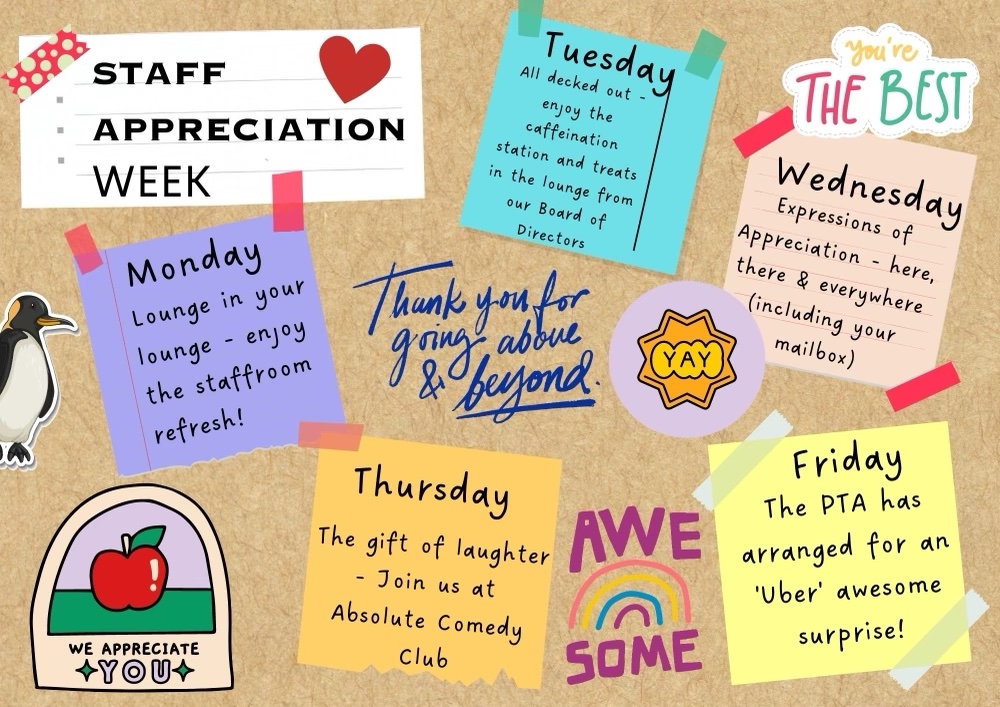


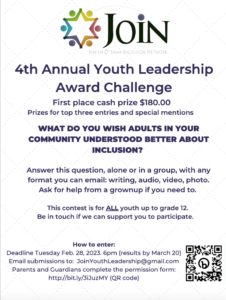
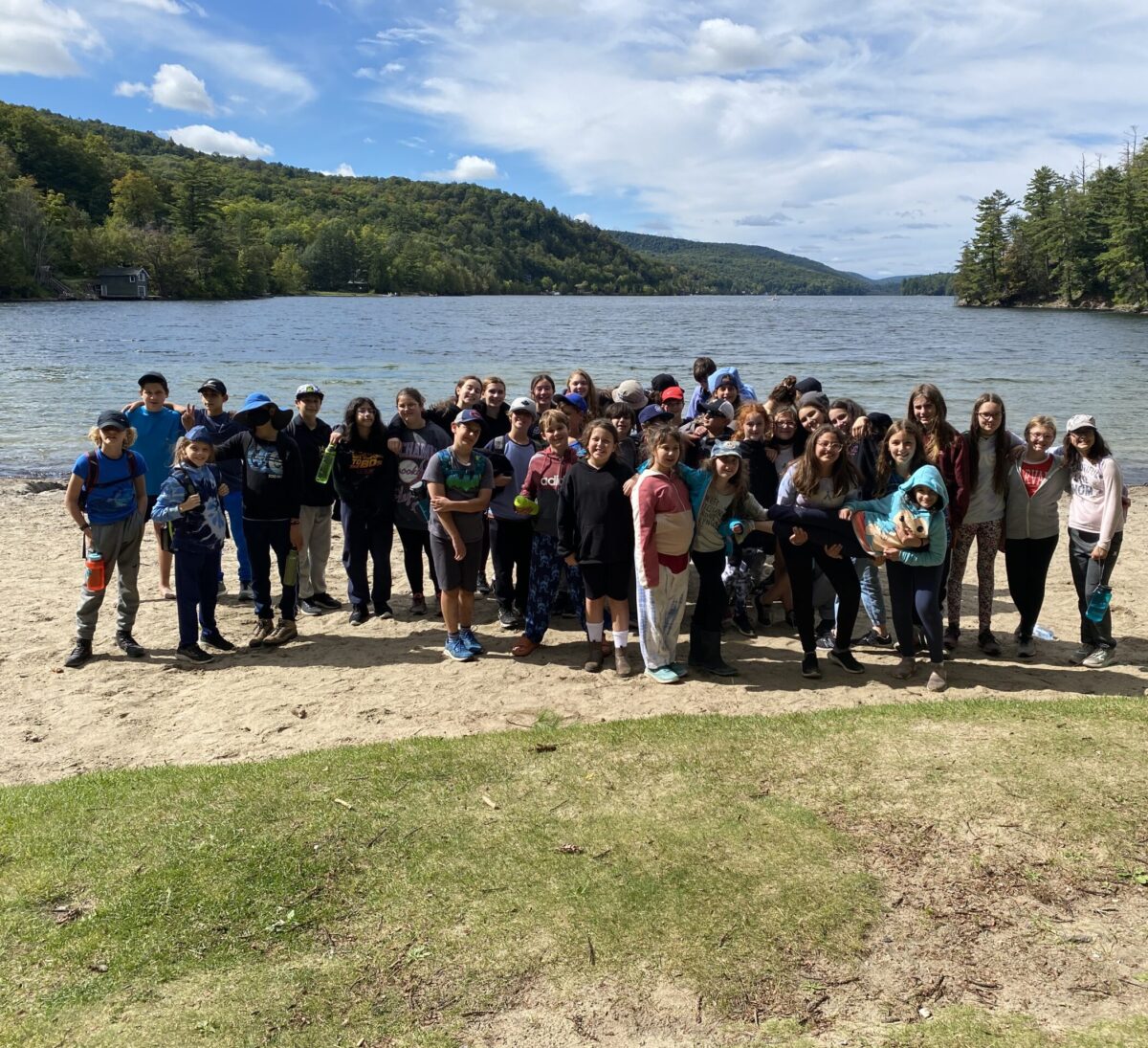
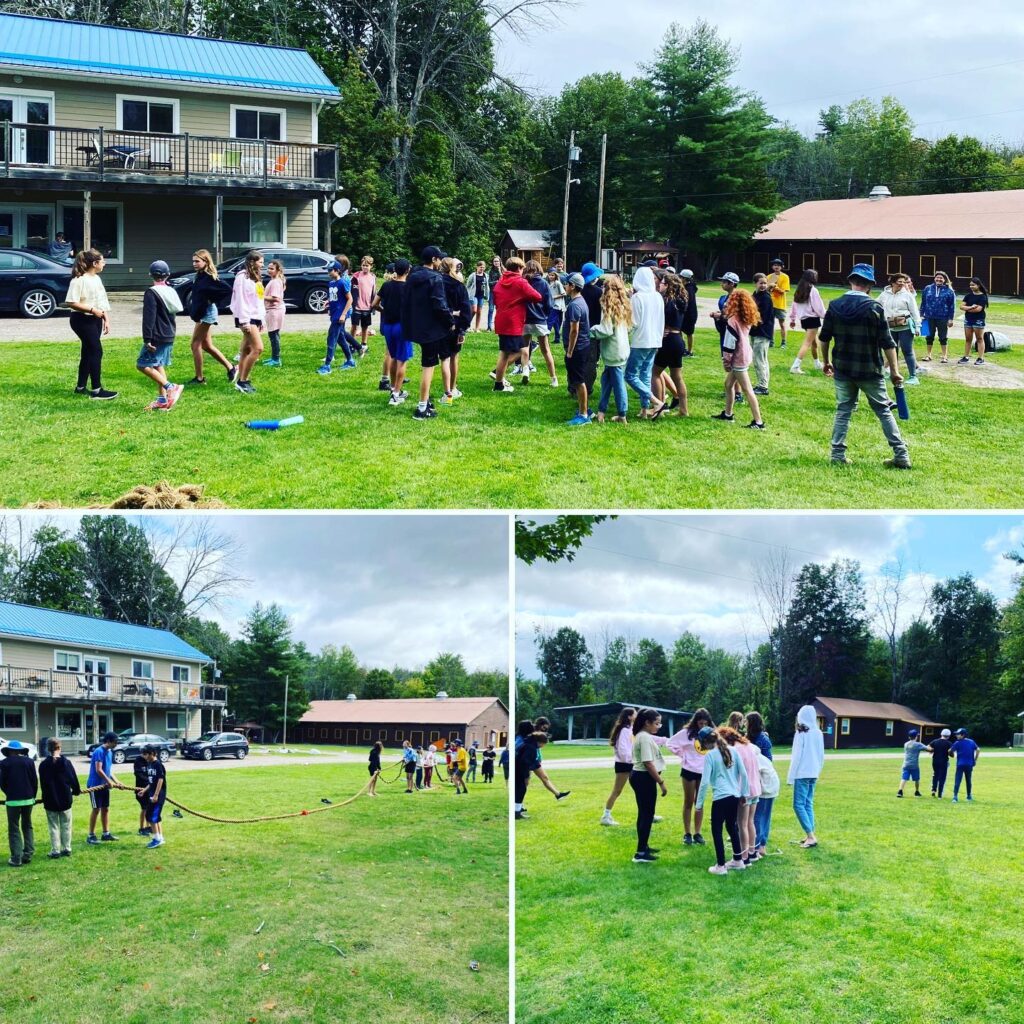
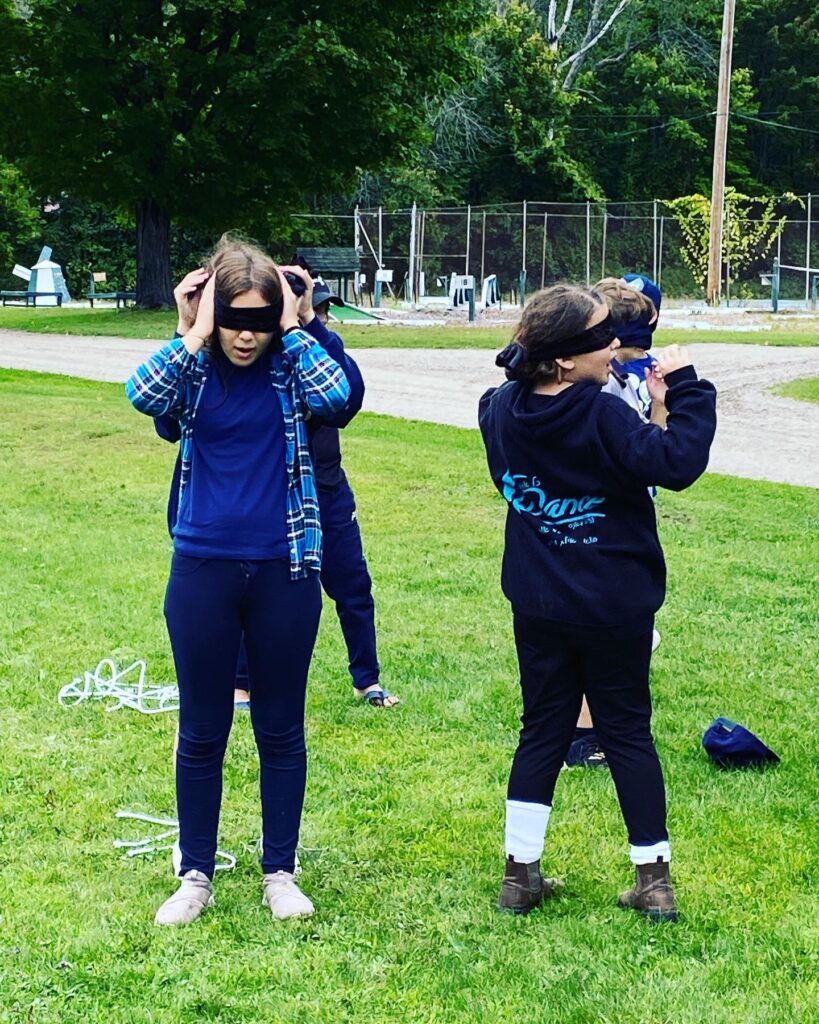
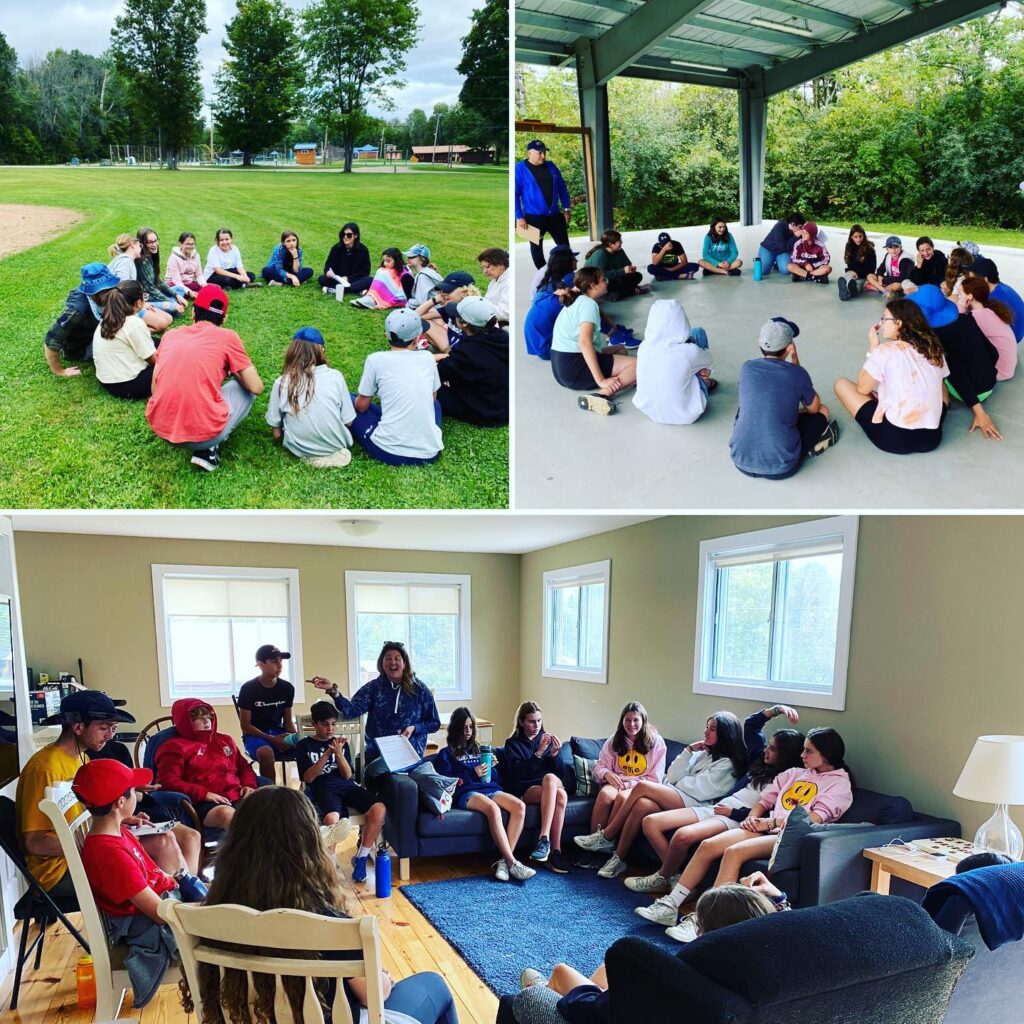
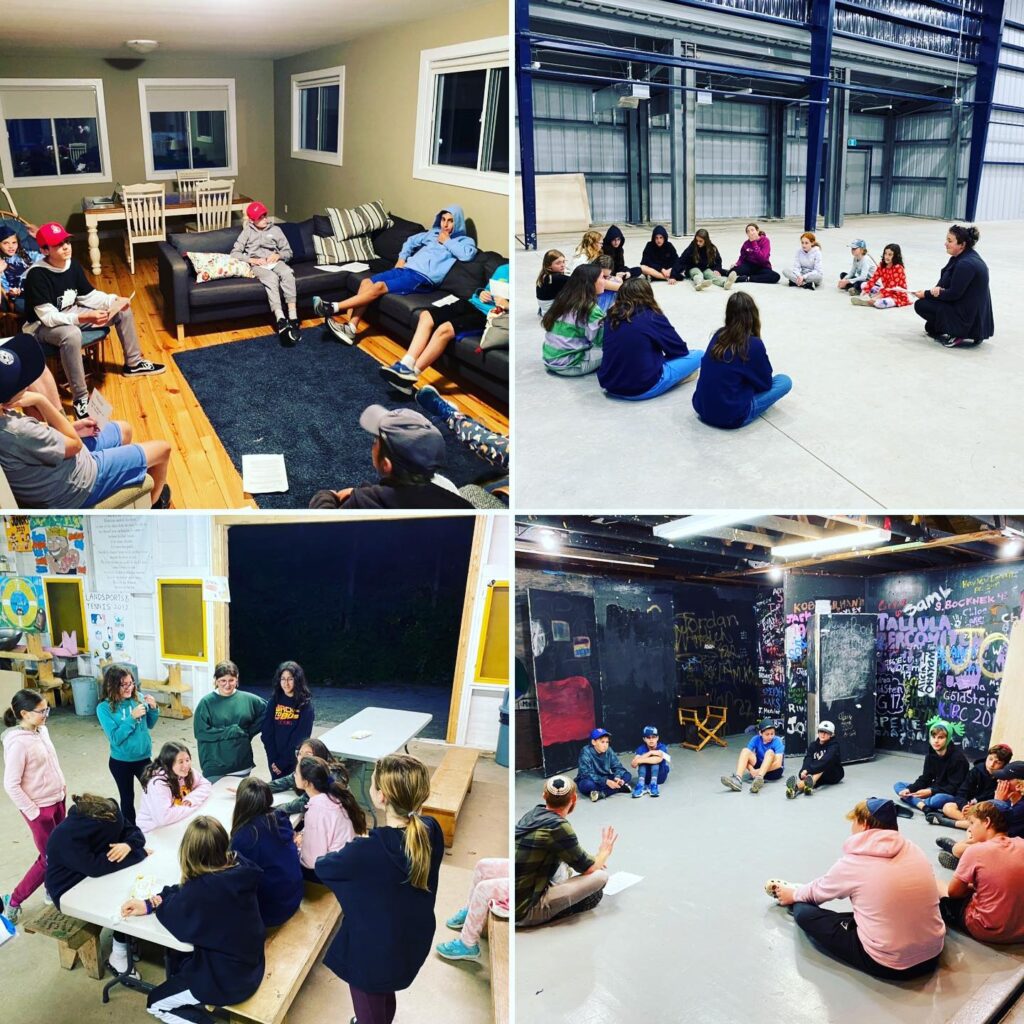
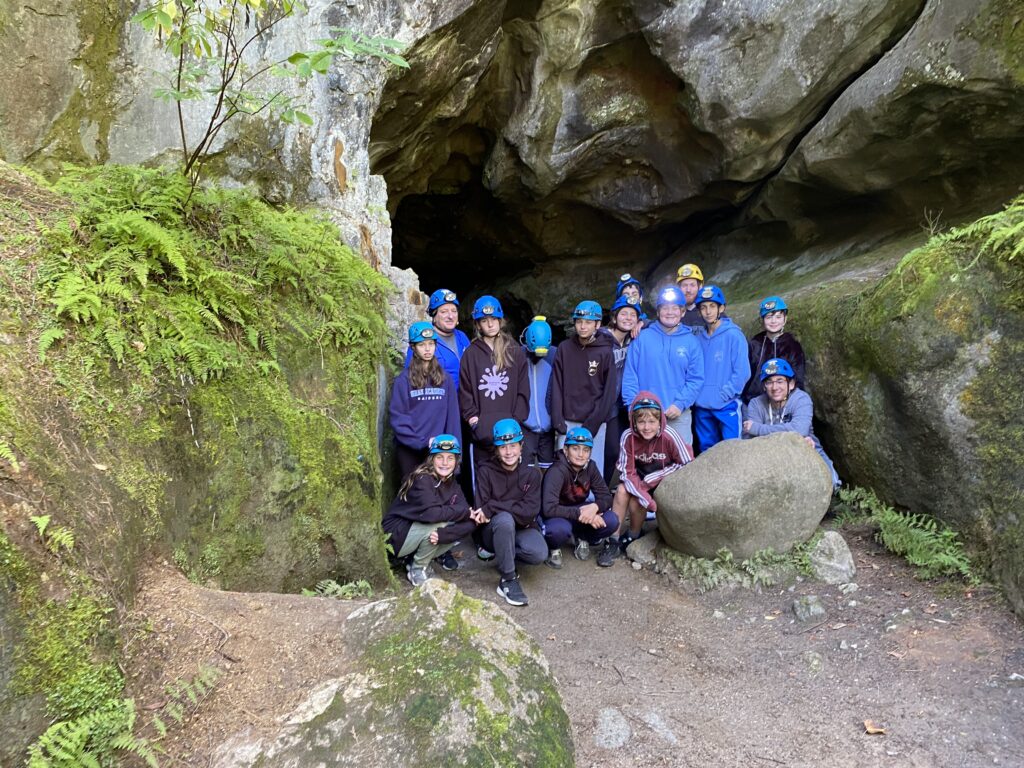
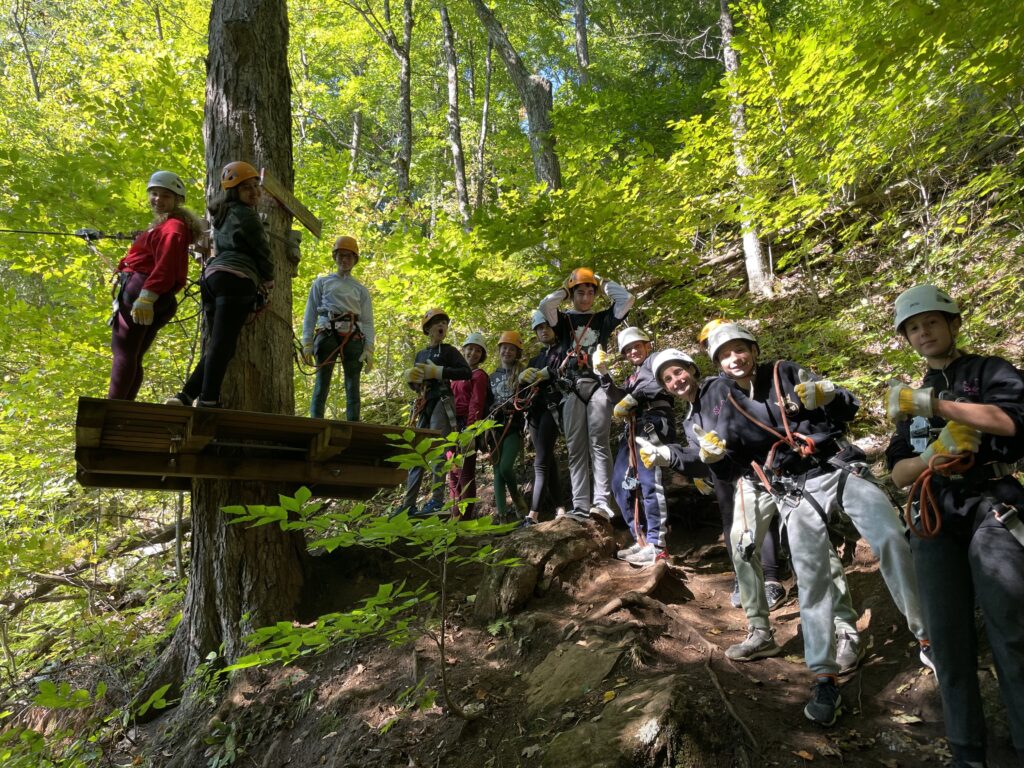
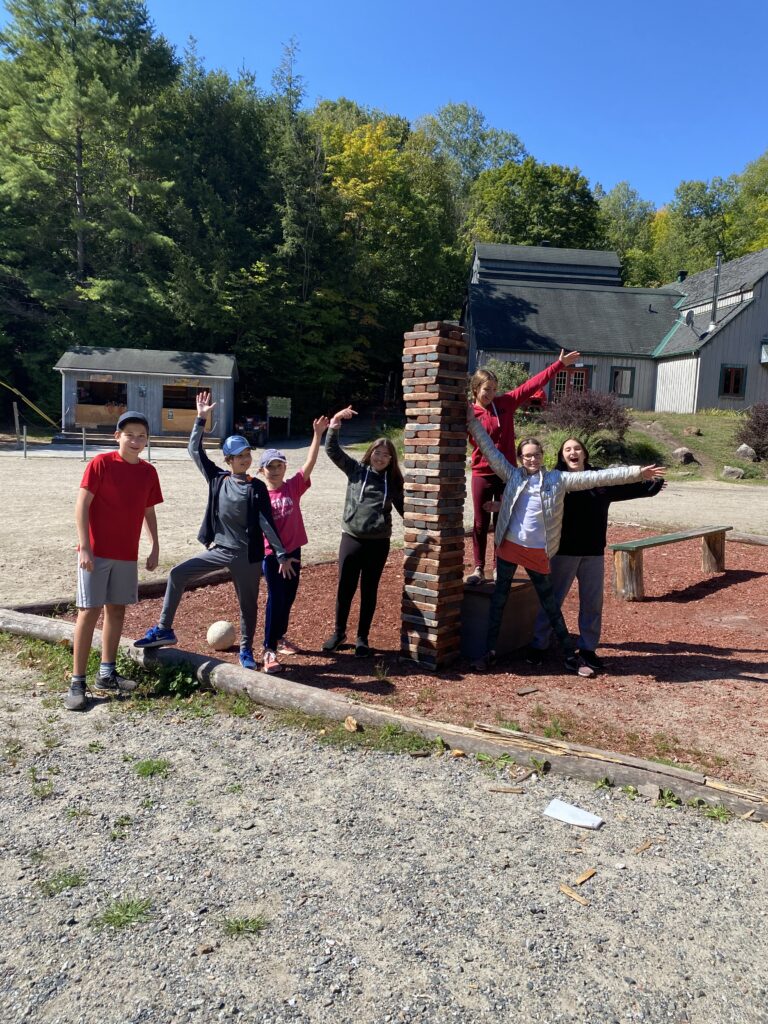
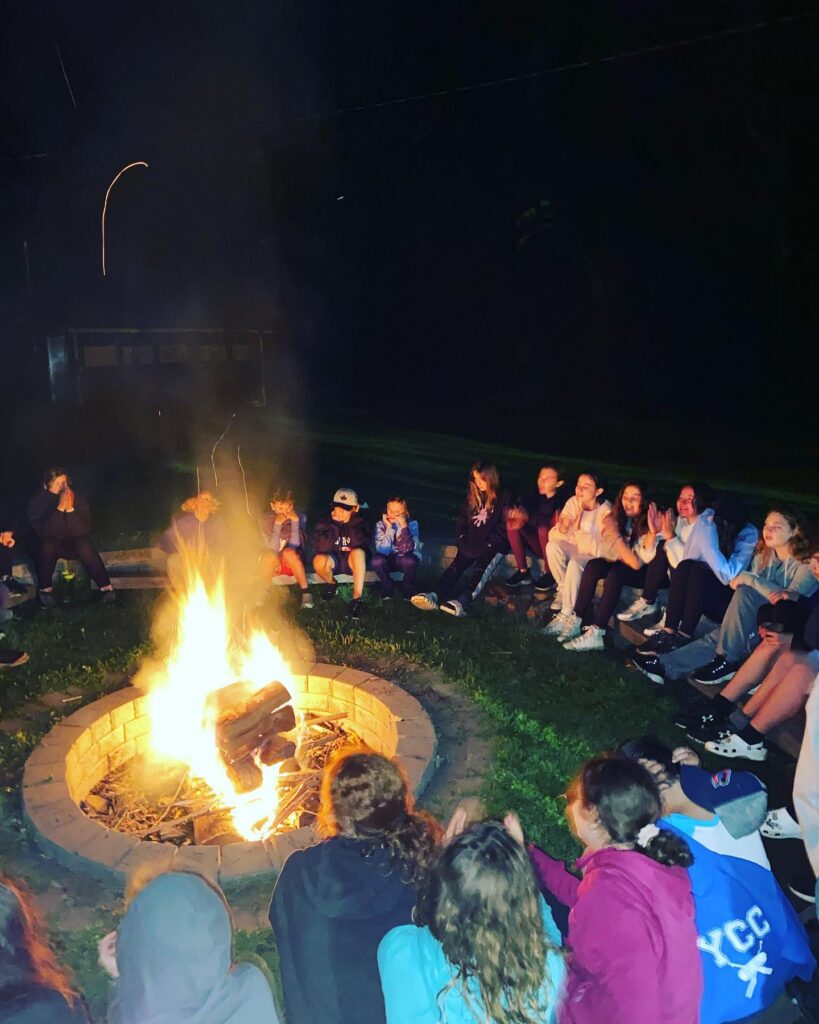
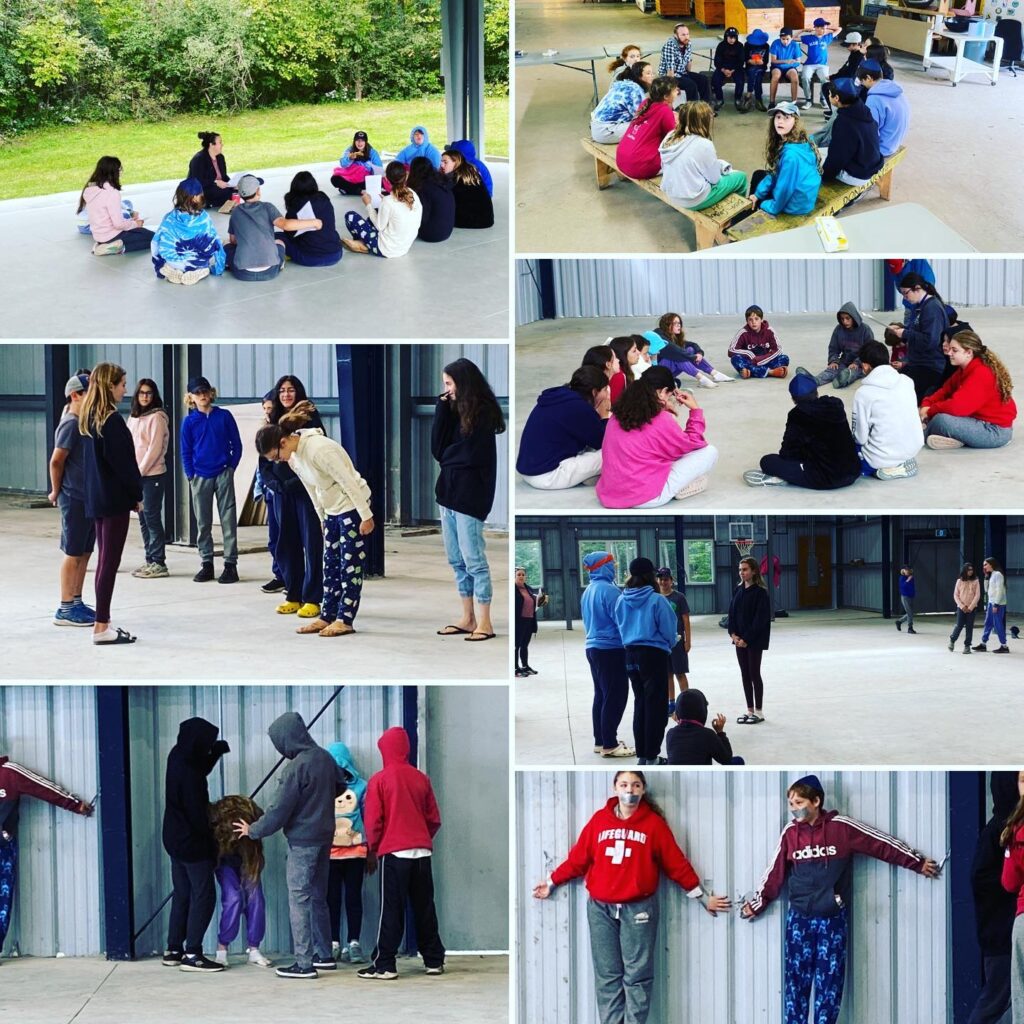
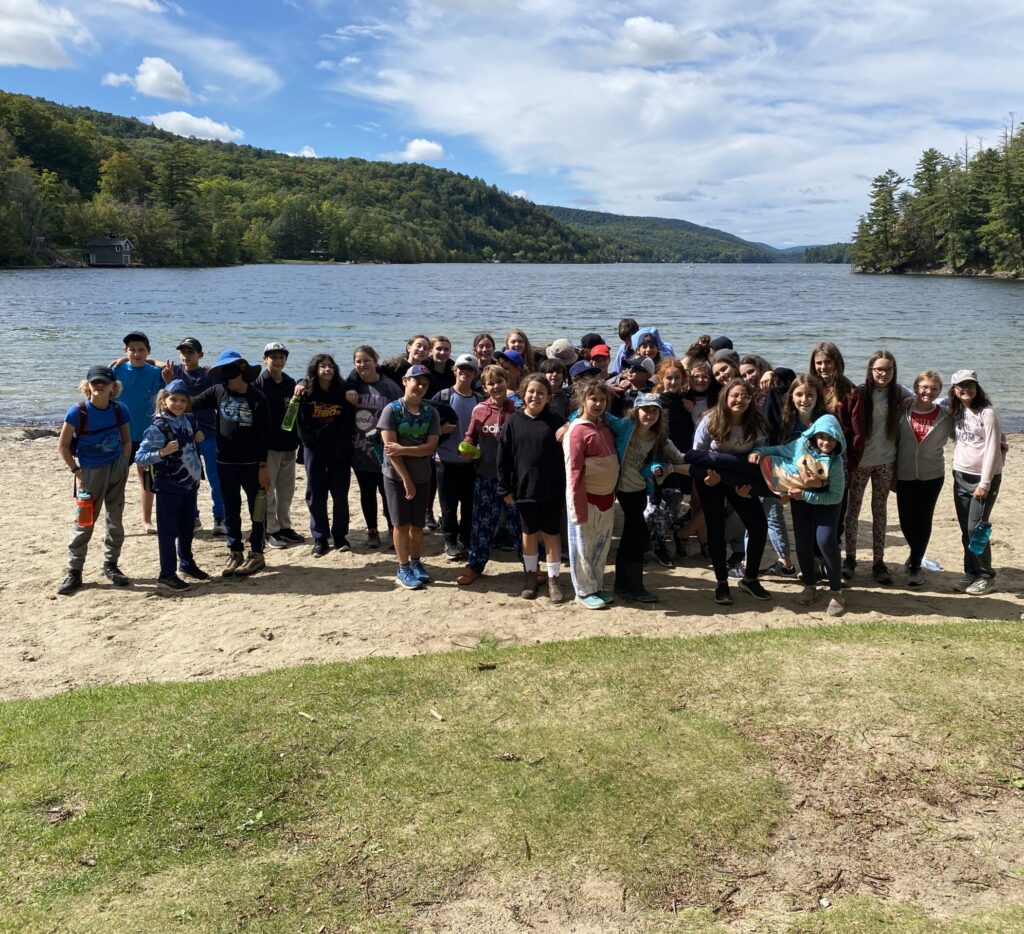

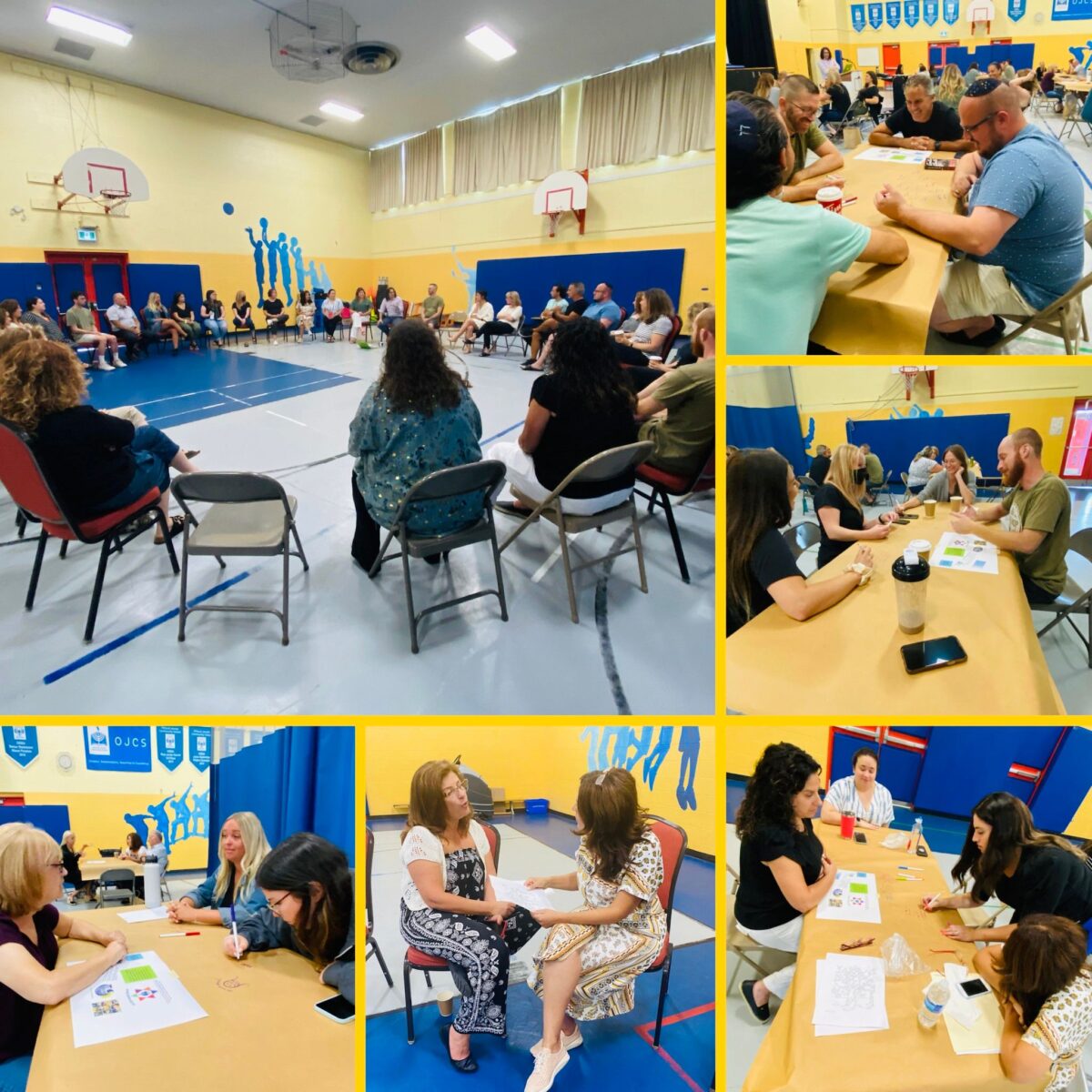
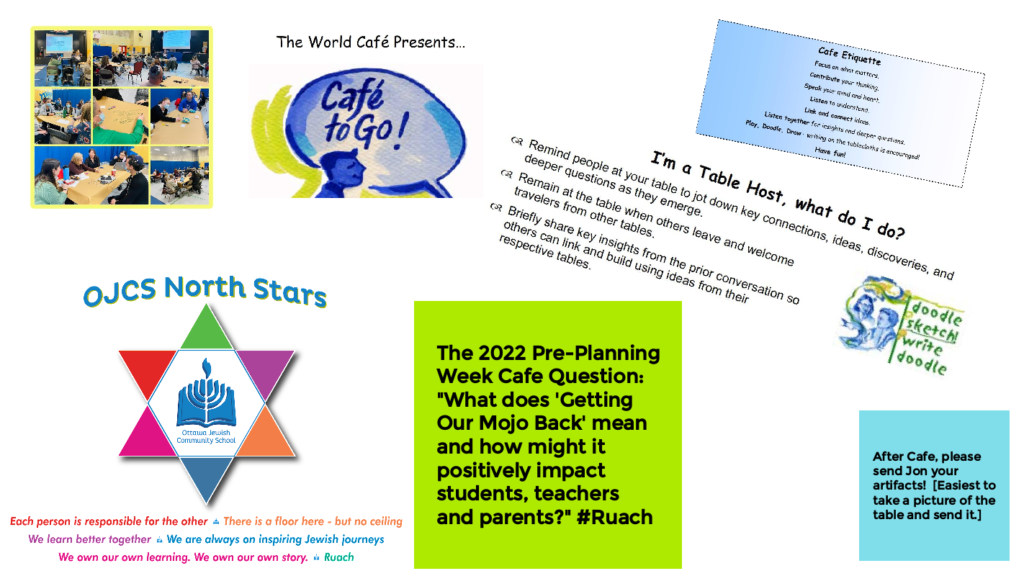
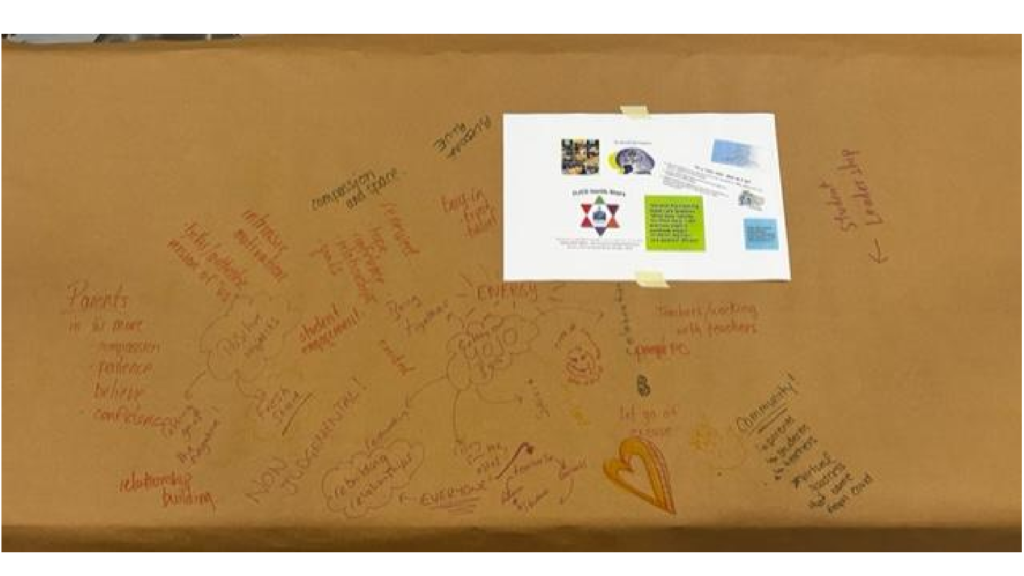
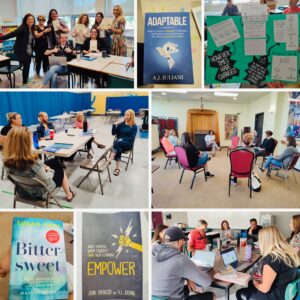 I think you can tell a lot by the books a school chooses to read together. Here were the selections for this summer, which culminated in a “Book Tasting” session where lessons and wisdom were gleaned and shared:
I think you can tell a lot by the books a school chooses to read together. Here were the selections for this summer, which culminated in a “Book Tasting” session where lessons and wisdom were gleaned and shared:
 chance to truly take to life, the short-lived soft launch of the OJCS Makerspace (built with a gift from the Congregation Beth Shalom Legacy Fund) was one of the most truly disappointing. I have blogged may times already (most recently
chance to truly take to life, the short-lived soft launch of the OJCS Makerspace (built with a gift from the Congregation Beth Shalom Legacy Fund) was one of the most truly disappointing. I have blogged may times already (most recently 